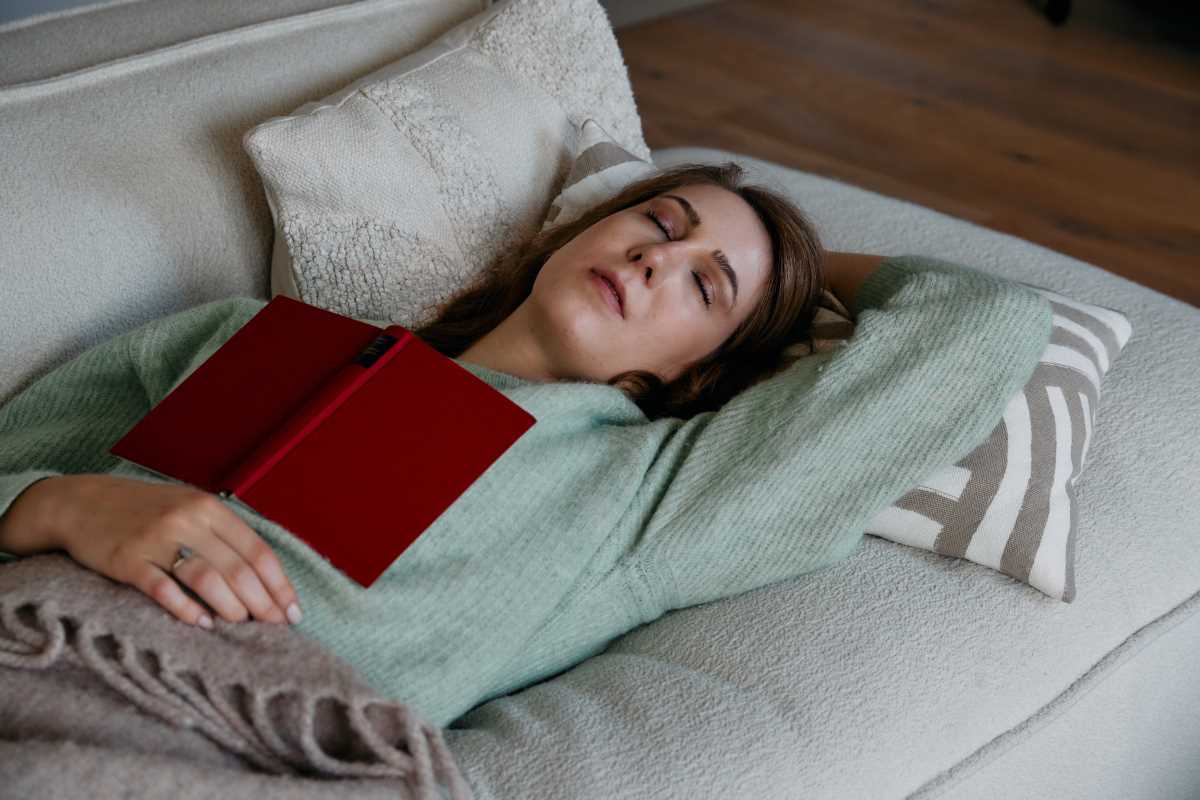Are you looking to reduce your risk of skin cancer through lifestyle changes? While it's important to wear sunscreen and regularly check for any unusual moles, there are other steps you can take to further protect your skin. Check out these lifestyle changes that can help lower your risk of skin cancer:
Protective Clothing and Accessories
Wearing protective clothing and accessories can provide an extra layer of defense against harmful UV rays. Opt for long-sleeved shirts, wide-brimmed hats, and UV-blocking sunglasses when spending time outdoors. By covering up exposed skin, you can minimize sun damage and reduce your risk of developing skin cancer.
Seek Shade
Seeking shade during peak sun hours, typically between 10 a.m. and 4 p.m., can significantly reduce your exposure to harmful UV rays. Whether you're at the beach, park, or outdoor event, look for shaded areas to minimize sun exposure. Taking breaks in the shade can help protect your skin and prevent sunburn, ultimately lowering your risk of skin cancer.
Healthy Diet and Hydration
Maintaining a healthy diet rich in antioxidants, vitamins, and minerals can support overall skin health and reduce the risk of skin cancer. Incorporate foods like fruits, vegetables, nuts, and seeds into your diet to boost your skin's natural defenses. Additionally, staying hydrated by drinking plenty of water can help your skin stay moisturized and resilient against sun damage.
Regular Skin Exams
Regular skin exams are essential for detecting any changes or abnormalities in your skin early on. Perform self-exams at home to monitor moles, freckles, and any new growths. If you notice any changes in size, shape, color, or texture, consult a dermatologist promptly. Early detection and treatment of skin cancer can improve outcomes and reduce the risk of complications.
Avoid Artificial Tanning
Steer clear of artificial tanning methods, such as tanning beds and sunlamps, which can expose your skin to harmful UV radiation. Indoor tanning increases the risk of skin cancer, including melanoma, the deadliest form of skin cancer. Embrace your natural skin tone and protect it from sun damage by avoiding artificial tanning practices.
Stay Sun-Smart Year-Round
Maintain sun-smart practices year-round, not just during the summer months. UV rays can still penetrate through clouds and cause skin damage even on cloudy days. Make wearing sunscreen with an SPF of 30 or higher a daily habit, regardless of the weather. Protecting your skin consistently can help reduce cumulative sun exposure and lower your risk of skin cancer over time.
By incorporating these lifestyle changes into your daily routine, you can proactively reduce your risk of skin cancer and promote long-term skin health. Remember, prevention is key when it comes to safeguarding your skin against sun damage and potential cancerous growths. Take the necessary steps to protect your skin and enjoy the outdoors safely.
 (Image via
(Image via





